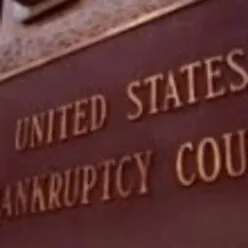(a) The debtor may convert a case under this chapter to a case under chapter 7 of this title at any time. Any waiver of the right to convert under this subsection is unenforceable.
(b) On request of the debtor at any time, if the case has not been converted under section 706 or 1112 of this title, the court shall dismiss a case under this chapter. Any waiver of the right to dismiss under this subsection is unenforceable.
(c) On request of a party in interest, and after notice and a hearing, the court may dismiss a case under this chapter for cause, including—
(1) unreasonable delay, or gross mismanagement, by the debtor that is prejudicial to creditors;
(2) nonpayment of any fees and charges required under chapter 123 of title 28;
(3) failure to file a plan timely under section 1221 of this title;
(4) failure to commence making timely payments required by a confirmed plan;
(5) denial of confirmation of a plan under section 1225 of this title and denial of a request made for additional time for filing another plan or a modification of a plan;
(6) material default by the debtor with respect to a term of a confirmed plan;
(7) revocation of the order of confirmation under section 1230 of this title, and denial of confirmation of a modified plan under section 1229 of this title;
(8) termination of a confirmed plan by reason of the occurrence of a condition specified in the plan;
(9) continuing loss to or diminution of the estate and absence of a reasonable likelihood of rehabilitation; and
(10) failure of the debtor to pay any domestic support obligation that first becomes payable after the date of the filing of the petition.
(d) On request of a party in interest, and after notice and a hearing, the court may dismiss a case under this chapter or convert a case under this chapter to a case under chapter 7 of this title upon a showing that the debtor has committed fraud in connection with the case.
(e) Notwithstanding any other provision of this section, a case may not be converted to a case under another chapter of this title unless the debtor may be a debtor under such chapter.
